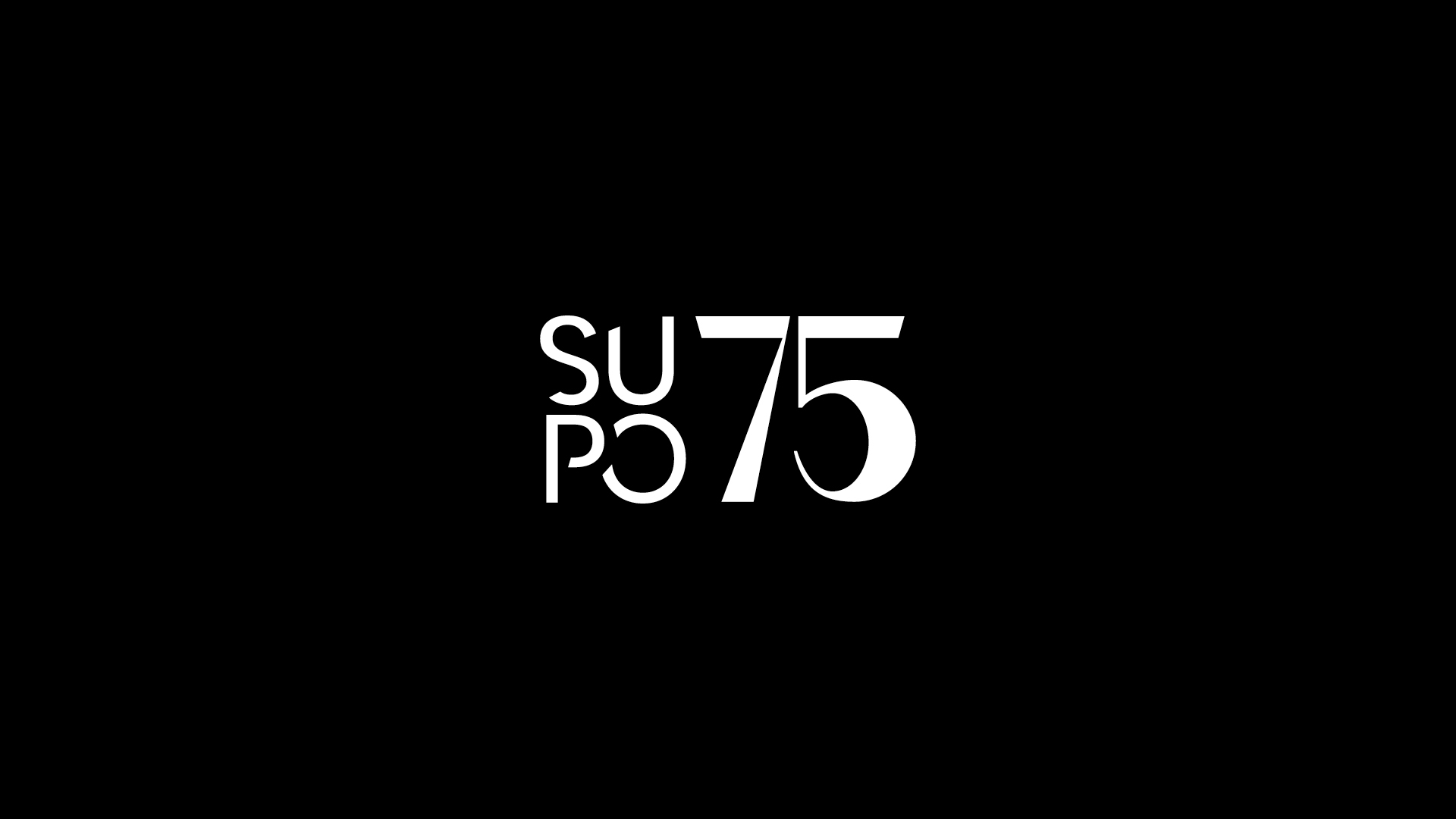Supo was set up at the dawn of the Cold War, and the threats nowadays are the same
Supo turns 75 this year, and countering the threat of the USSR and later of Russia has always been a key element in its work. While many contemporary threats remind us of the early years of Supo, the position of Finland has changed substantially.

This year it will be 75 years since Supo began operating as a wholly reformed security police agency in Finland. The mission of this new special police department was to impartially safeguard the lawful state and social order of Finland by exposing treasonous projects directed against it.
The very name of the agency declared a departure from its predecessors, the National Investigative Police and the State Police (Valpo I and II) that, in the turbulent early decades of internal and external policymaking by the young republic, had evolved into a police agency that was not only secret, but even politically partisan. The mission of the new special police department was to safeguard the lawful state and social order of Finland without fear or favour.
The operating enviroment of the new agency in 1949 were dominated by familiar themes. The USA and the USSR had begun their Cold War superpower policy confrontation a couple of years earlier. While officially positioning itself as a neutral country under the 1948 Agreement of Friendship, Cooperation, and Mutual Assistance signed with the Soviet Union, Finland remained in the vanguard of the West behind the scenes. The most important function of Supo in relation to external threats was to disclose and combat espionage operations of the Soviet Union.
This work bore fruit in the 1950s, especially on the eastern border of Finland, where Soviet border forces and military intelligence actively recruited Finnish border zone residents as agents. Some Western intelligence service operatives were also caught up in this dragnet. The geographical location of Finland attracted NATO countries as a base of operations in espionage targeting the Soviet Union.
Powers and politics limited Supo operations
The Cold War was also reflected in Finland’s internal security. The focus of surveillance was long directed at communists, whom the Finnish government still feared would seek to subvert democracy and establish a dictatorship with the support of the Soviet Union.
Attention was also paid to the activities of the Finnish People’s Democratic League and the Communist Party of Finland, because the USSR was initially believed – and ultimately also known – to have used these political parties as instruments of its influencing operations in an effort to tie Finland into its own sphere of interest, both politically and economically. The Communist Party of Finland also gave Soviet intelligence a channel for monitoring Finnish politics in real time.
Supo nevertheless lacked the authority to intervene in such political intelligence and influencing operations by the Soviet Union in Finland. The only effective countermeasure, a public and open debate on the dangers of Soviet intelligence in Finland, was not possible under the 1948 Agreement.
Is history repeating itself?
Now 75 years later Supo continues its work to defend Finland’s national security. The operating conditions of the agency are once again dominated by an escalating global confrontation between East and West, and by strained superpower relations, this time between the United States and China.
The security scenario in Europe also experienced another enduring change two years ago when Russia launched a major war of aggression against Ukraine. Climate change and poverty pose challenges of their own, forcing the migration of more and more people as debate on a crisis in democracy escalates both in the USA and Western Europe.
Finland remains between East and West geopolitically, and unlawful Russian intelligence and influencing operations are still the greatest external threat to its national security. Domestic extremist movements have also returned to the foreground of internal security, with particular growth in the threat posed by the extreme right in recent years. Ideas of violently overthrowing the democratic social order and replacing it with a dictatorship have similarly made a comeback.
So history seems to be repeating itself with regard to the operating conditions of Supo. This also indicates that the need for intelligence and security services that combat threats to state or, in modern terms, national security is (sadly) always with us. It is only the details of such threats that evolve over time.
The position of Finland has changed substantially
A significant change has nevertheless occurred in Finland’s foreign and security policy position. As of 2024, Finland has officially aligned with the West, both through EU and NATO membership, and through a defence cooperation agreement with the USA and close JEF cooperation with the United Kingdom.
While this new position provides security, it also brings new responsibilities. Following its evolution into a security and intelligence service in 2019, Supo now responds to these responsibilities by gathering proactive intelligence, especially in support of foreign and security policymaking by top-level national government in Finland, but also to meet the needs of Finland’s allies.
The ability of Supo to speak frankly and openly about threats to Finland’s national security is also new, and is especially important at a time when the means of hostile information influencing are nearly limitless.
Mari Luukkonen, PhD
Supo Senior Specialist and author of a dissertation on the history of Supo